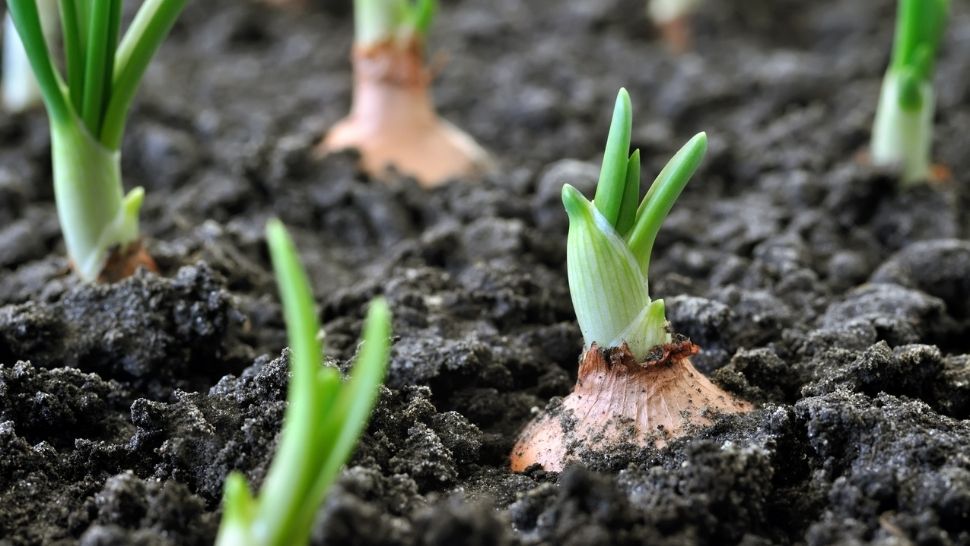
What’s the buzz?
Are regenerative farming practices better for the ecosystem…and human health?
What does the science say?
Grab your boots and gardening gloves because we are about to dig up the dirt on regenerative agriculture.
Regenerative agriculture is an approach to farming that focuses on rebuilding the ecosystem by enhancing soil biodiversity and minimizing carbon pollution. This is done through implementing “regenerative” farming practices such as no tilling to reduce soil loss, rotating crops to reduce soil nutrient depletion, and planting cover crops to increase soil nutrients – all while eliminating synthetic fertilizers, pesticides, and herbicides. Some regenerative farms also integrate advanced practices such as agroforestry and grazing animals to introduce natural fertilizers.
While multiple studies have found that regenerative farming practices can increase soil fertility by carbon sequestration – or “drawing down” carbon from our atmosphere into the soil – just a few studies have looked at whether foods that are grown on regenerative farms are better for human health. In addition, there is no standardized definition of what constitutes a regenerative farm that is agreed upon by scientists and farmers alike, which makes studying soil and food nutrient density challenging.
Preliminary research suggests that both plant and animal foods grown on farms that use regenerative practices have been found to be higher in some vitamins, minerals, and phytochemicals than their counterparts produced on conventional farms. However, other vitamins and nutrients have varied between studies and very few studies overall have connected the nutrient density of foods and the farming methods used to grow them.
What’s the takeaway?
Regenerative agriculture has a positive impact on the environment by minimally disrupting the soil so that more carbon can be pulled into and stored in the soil, and by using farming practices that enhance soil biodiversity. Early studies have shown foods that are grown on regenerative farms may be higher in some nutrients but remember that further research is needed. We can only hope that the researchers will not only continue to dig up healthy soil, but healthier foods as well.
To learn more, check out Could Food Grown on Regenerative Farms Actually Be Healthier for You?